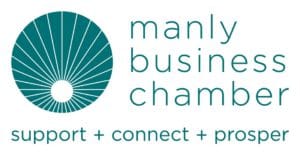How to Find a New Role as a Mature-Age Job Seeker
Mature-age workers have much to offer the world of work, including experience, company loyalty, a strong work ethic and good communication skills. They have often developed a wide network of personal and professional contacts over the course of their career, too. But the benefits they bring to the workplace can be overlooked and younger job seekers given the priority. The $74 billion JobMaker Plan is a prime example. The scheme was announced to great fanfare in October last year as the government sought to bring people out of unemployment. Specifically, younger people. Those over 35 don’t qualify.
So what initiatives exist to help mature-age job seekers regain a foothold in the employment market? And what additional tips do we have to help you on your way?
Restart
Forget JobMaker. Launched in 2014, Restart provides a financial incentive to employers to employ and retain mature-age job seekers aged 50 and over. A total of $10,000 is paid by employment services providers in instalments over a 6-month period.
Career Transition Assistance Program (CTA) Program
This program is specifically designed for mature-age job seekers aged 45+. Specialist providers can support you to identify transferable skills and target your job search. They can also help you brush up on your technology skills and look for jobs online. The CTA Program is available nationally, but job seekers need to be registered with an employment services provider to be eligible.
My Skills
A great way to prepare for re-entering the job market can be to upskill or reskill. My Skills is a valuable source of information on vocational education and training (VET) organisations and courses across Australia. Low fee and free courses in a range of industry sectors are available. You can take a look at their site here.
Resumes
An up-to-date resume is a must when you are looking for a new job. Here are a couple of recommendations from our team:
- Don’t include your date of birth
- Only go back 10 years in your employment history
Both of these are now standard practice.
Networks
Think of all the contacts you’ve built up in the course of your career. Now could be the time to reconnect with them. A call to an ex-supervisor or a brief email to previous co-workers could provide you with an informal route into a new role.
We hope you find this information helpful and would love to hear your suggestions and success stories.









